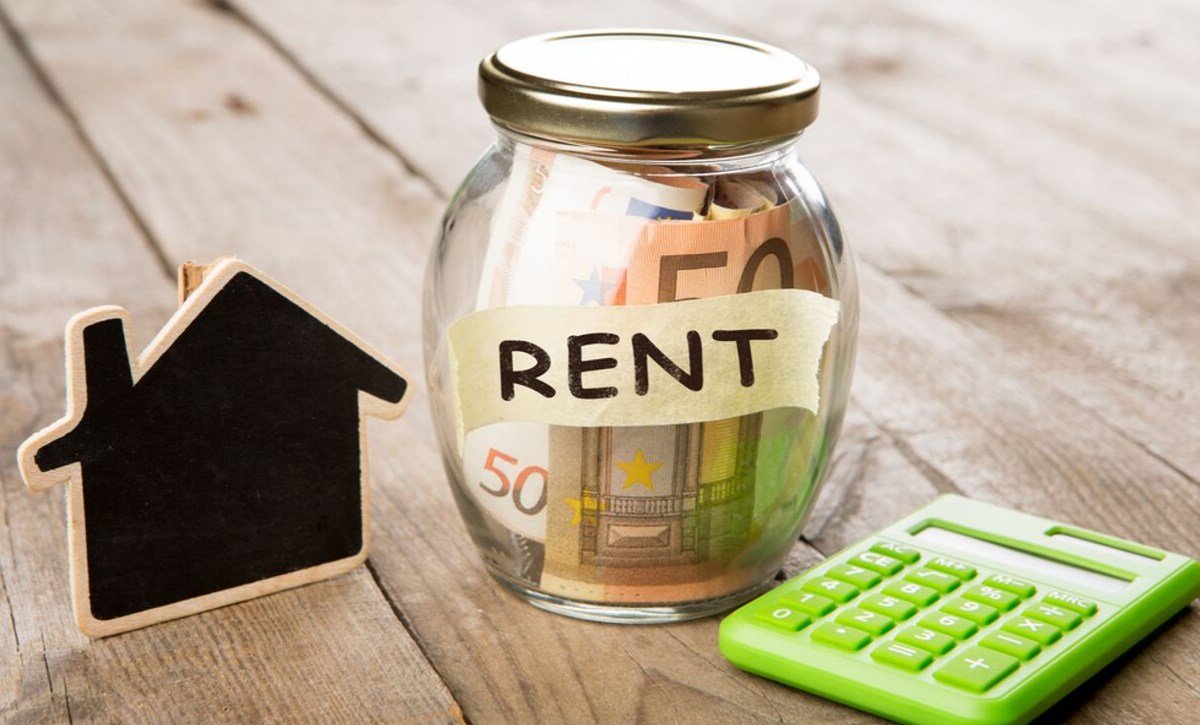Table of Contents
Renting an apartment offers a convenient and flexible housing option, but it also comes with financial considerations, including taxes. While homeowners are familiar with the tax benefits of mortgage interest deductions, renters may wonder if they have any tax advantages. In this article, we’ll explore what renters need to know about deductions and how to make the most of their tax situation. If you’re currently searching for apartments for rent, you can start your housing journey there.
Understanding Rental Expenses
Before diving into tax deductions, it’s essential to understand the types of rental expenses that may be deductible:
1. Rent
In most cases, the rent you pay for your apartment is not deductible on your federal income tax return. However, there are some exceptions in certain states and for specific situations, such as low-income individuals or seniors.
2. Security Deposit
Your security deposit is not deductible as an expense, as it is refundable. However, if your landlord withholds a portion of your security deposit for unpaid rent or damages, you may be able to deduct those expenses.
3. Moving Expenses
If you move for job-related reasons and meet certain criteria, you may be eligible to deduct your moving expenses. This deduction can include transportation, storage, and lodging costs.
4. Home Office
If you use part of your rental unit exclusively for business purposes, you may qualify for a home office deduction. This can include a portion of your rent, utilities, and other related expenses.
State and Local Tax Deductions
While federal tax deductions for renters are limited, it’s important to check whether your state or local jurisdiction offers any tax breaks for renters. Some states may provide renter’s credits or deductions for property taxes paid by landlords, which can indirectly benefit renters.
How to Make the Most of Tax Deductions as a Renter
Although the tax deductions available to renters are more limited than those for homeowners, there are still some strategies to consider:
1. Research State and Local Benefits
Check your state and local tax laws to see if there are any deductions or credits available to renters. Be aware of any specific criteria or income limitations that may apply.
2. Document Business Use
If you operate a business from your rented space, keep thorough records of your expenses related to your home office. This can include a percentage of your rent, utilities, and maintenance costs.
3. Consider Relocation for Work
If you have the flexibility to relocate for a job, you may be eligible for moving expense deductions. Consult with a tax professional to ensure you meet all the requirements.
4. Keep Records
Maintain organized records of your rental expenses, including any deductions you plan to claim. Proper documentation is essential when filing your taxes.
Additional Financial Considerations for Renters
While tax deductions may be limited for renters, there are other financial aspects to consider:
1. Renter’s Insurance
Invest in renter’s insurance to protect your belongings in case of theft, fire, or other unexpected events. While the insurance premiums are not tax-deductible, the peace of mind it provides is invaluable.
2. Budget Wisely
Create a budget to manage your expenses effectively. Prioritize savings and consider contributing to retirement accounts, which can offer tax benefits.
3. Maximize Retirement Savings
Take advantage of retirement accounts such as a 401(k) or IRA. Contributions to these accounts can reduce your taxable income, providing long-term financial benefits.
4. Emergency Fund
Build an emergency fund to cover unexpected expenses. Having savings in place can prevent financial stress and reduce the need for tax deductions.
Consult with a Tax Professional
Navigating the tax implications of renting can be complex, especially if you have a unique financial situation. Consulting with a tax professional or accountant is a wise decision to ensure you are taking advantage of all available deductions and credits. They can provide tailored advice based on your individual circumstances and help you maximize your tax benefits.
Conclusion
Renting an apartment offers flexibility and convenience, but it also comes with financial considerations, including taxes. While renters have limited tax deductions compared to homeowners, it’s essential to be aware of potential benefits and strategies to make the most of your tax situation. Research state and local tax laws, maintain organized records and consult with a tax professional to ensure you are taking full advantage of any available deductions and credits. Additionally, consider other financial aspects like budgeting, insurance, and retirement savings to secure your financial well-being as a renter.

